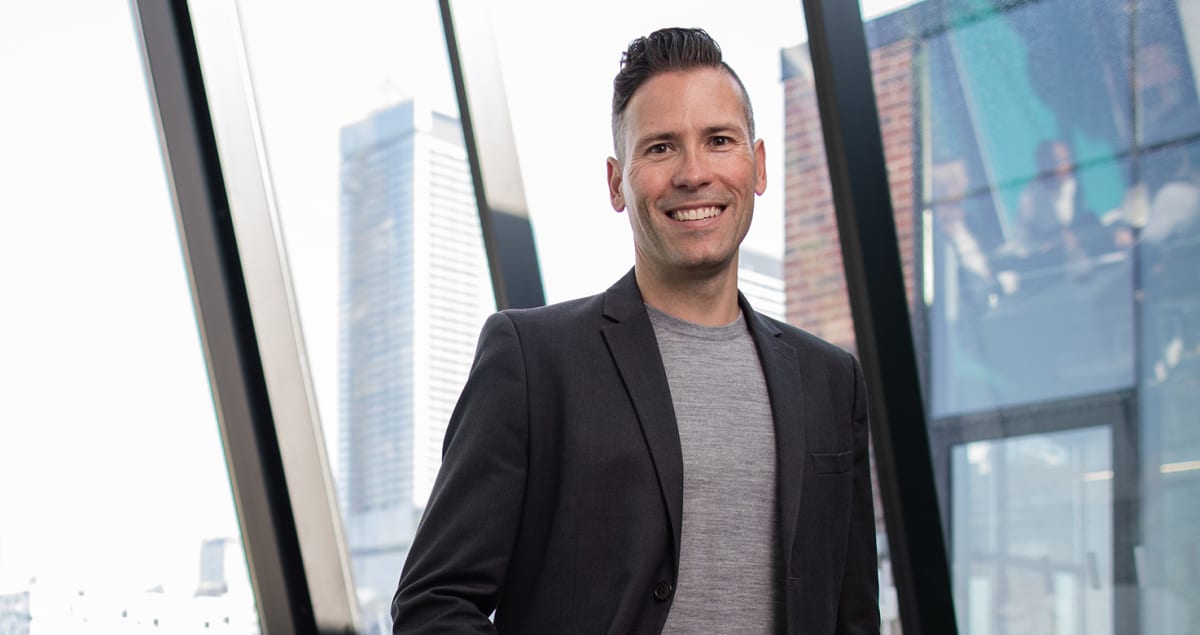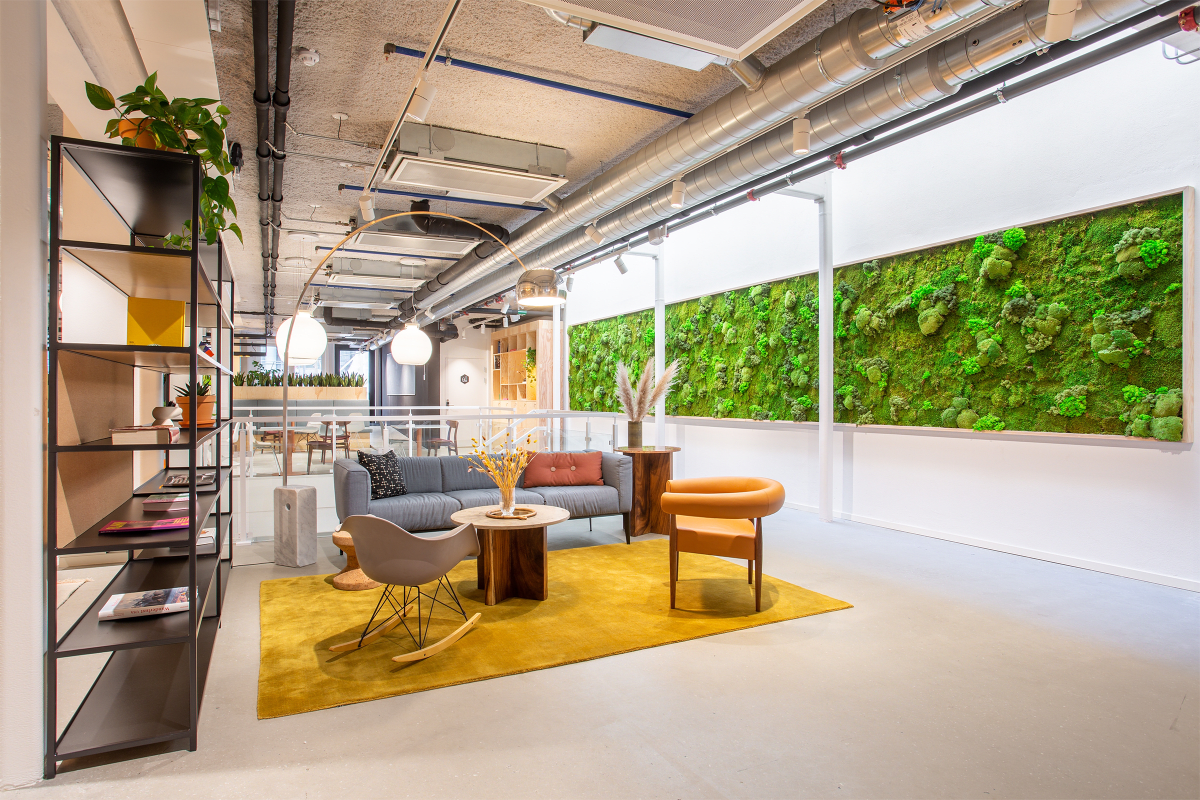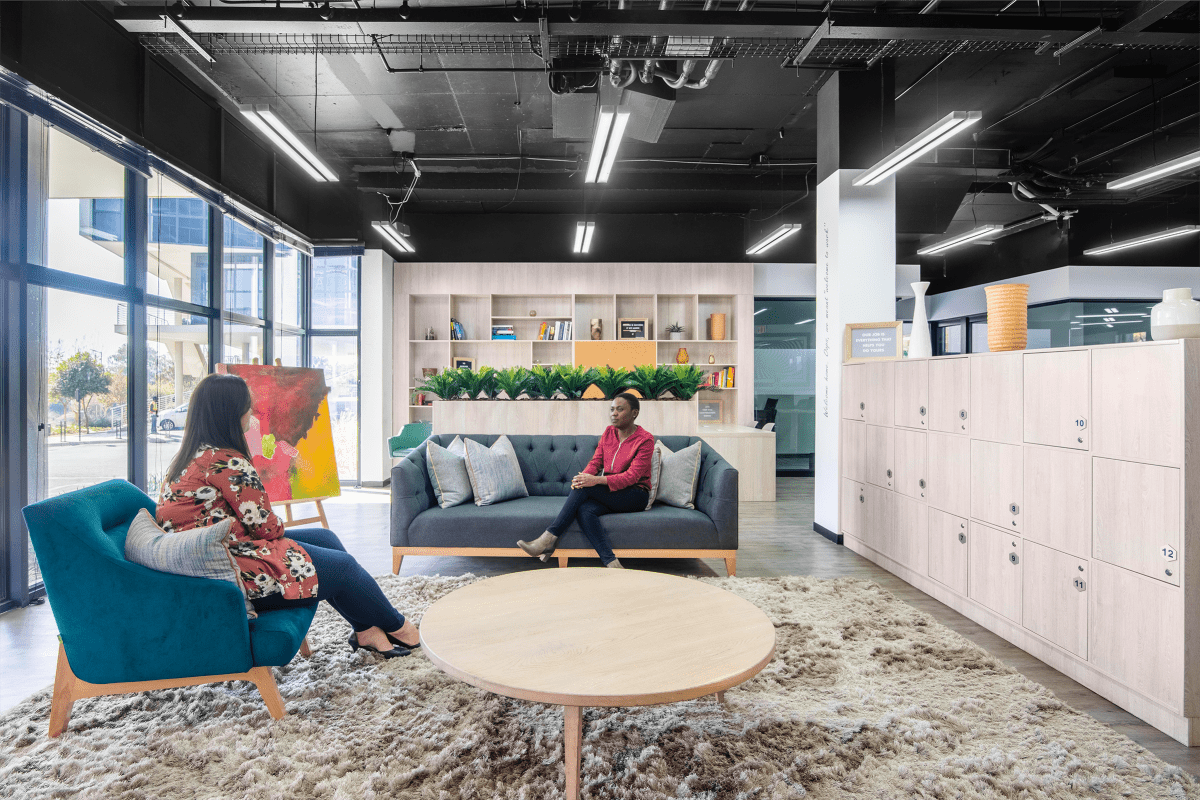As businesses welcome the shift to hybrid working, Wayne Berger explains IWG’s plans for thousands more centres “in every place that people want to work and live” and outlines the opportunities these present for landlords and franchise partners.
It’s been more than 17 months since the World Health Organization declared Covid-19 a pandemic. Hundreds of millions of people around the world have lived through lockdowns and grown accustomed to a less office-centric way of working. As the vaccine rollout brings hope of a return to normal life, it’s becoming clear that the crisis has had a significant impact on people’s work habits in the Americas – just as it has throughout the world.
According to Wayne Berger, IWG CEO, The Americas, one thing is certain: “The idea of travelling back and forth five days a week to one central office to sit in a cubicle is a thing of the past.”
While forward-looking firms were embracing hybrid models of working before Covid-19, the pandemic has catalysed the shift. Employees want to retain the improvements in work-life balance that hybrid working has brought, while employers have recognised its benefits in terms of people, profits and their companies’ impact on the environment.
Berger says the majority of organisations will institute hybrid working practices and flexible working philosophies as we enter a new world of work. However, he stresses that this doesn’t simply mean working from home.
What people actually want, Berger argues, is the ability to work closer to home. In future, he explains, employers and business leaders will welcome the hub-and-spoke approach. This means spending a portion of the week at the corporate HQ and working locally the rest of the time – likely from a flexible workspace that’s within a short commute of home.
In the USA, IWG currently operates more than 1,000 locations across 450 cities. Berger says their ambition is to grow that business, with plans for thousands more locations across more than 1,000 cities in America, providing employees with access to flexspace centres in “every neighbourhood, every village, every suburb, every stop on the metro line – in every place that people want to work and live.”
Expanding American markets
The rising demand for IWG’s flexible workspaces across North and South American markets – from the USA, Canada and Mexico to Chile, Argentina and Colombia – certainly supports Berger’s view.
IWG is expanding more rapidly than ever in the region. Demand for its flexspace and coworking centres across the USA increased by more than 40% this year, while June 2021 was a record month for sales.
IWG has plans to open centres in thousands more locations across the Americas over the next few years, and has recently expanded into markets like Brooklyn, New York, Miami, Florida, Portland, Oregon and Napa, California. In Bogata, Colombia, a new Spaces location is set to open in one of the city’s most affluential shopping malls.
This, says Berger, is an example of flexspace providing new opportunities for retail landlords, as well as helping to reinvigorate districts that have been hit hard by both the pandemic and the rise of e-commerce. Flexible workspaces that open in former shopping hubs have the advantage of being close to all the amenities workers want and need, as well as excellent parking facilities and transport links.
Exciting enterprise partnerships
Flexible workspaces aren’t only appealing to freelancers and SMEs. Berger points out that there’s another clear sign that the hybrid approach is here to stay. Major global firms such as Standard Chartered bank and NTT have inked deals with IWG in the first half of 2021, and Dell and Nestlé have recently signed up to partner with the flexible workspace provider. Altogether, new enterprise partnerships have added more than a million new users to IWG’s worldwide network of locations so far this year.
“The ability to partner with IWG, giving their company’s workforce access to space as fluidly as through an app, is incredibly powerful because it gives them mobility and it gives them complete flexibility,” Berger explains. “If their workers need to go to traditional corporate headquarters for that tribal opportunity, that cultural meeting, that innovation, that brainstorming session, that opportunity with their boss, they have the ability to do so. Beyond that, employees now have the ability to enable more purpose-driven work and work from wherever they need to accomplish this. The act of going to the office or flexspace will become very purpose driven.”
And it’s not just employees that stand to benefit from access to IWG workspaces. Berger says moving away from traditional office leases towards more flexible working arrangements is an opportunity for organisations to reduce their capital investment by upwards of 50%.
“They can then attribute those costs that were spent on leases, fixtures, furniture – all the elements required to build and maintain an office – to investing in areas such as research and new market growth,” he says.
He adds that committing to this approach helps a company to focus on growing its business, instead of managing real estate. Moreover, partnering with IWG – a flexspace provider with extensive reach, worldwide – gives firms increased access to a global talent pool.
In Latin America, especially, there’s the added bonus of reducing the risk involved when breaking into a developing country’s market. Firms don’t have to worry about committing to restrictive long-term leases and can set up operations from an IWG centre literally overnight. “They can start to build their business model and evaluate the return on investment without having any liability on their balance sheet,” explains Berger.
Franchise partners and the future
The growth of the flexspace industry is also proving highly attractive to franchise investors. “There’s been a more accelerated opportunity for franchise partners to be able to manage, operate and grow a network in the suburban markets, where demand continues to rise,” says Berger. “Today we’re in 450 cities, but that number can grow into the thousands because of the need and demand for people wanting to work closer to home.”
Berger predicts that North and South American markets will continue to grow at their current, rapid pace, mainly due to the structural shift in workplace habits fuelled by the pandemic, but also thanks to the development of technology such as 5G, which is enabling flexible and remote working practices.
“I believe that our best years are ahead of us,” Berger says. “The opportunity in front of us and our company ambitions will be achieved with our franchise partners and our landlord partners combined. They’ll help us grow our network by thousands.”
Flexible workspace is the fastest-growing sector of the global workplace market. Find out more about IWG’s franchising partnerships or how IWG can help transform your property into a hybrid workspace.






